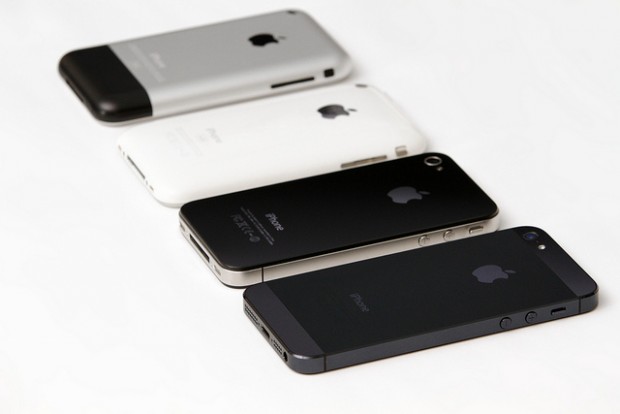Gene Munster is the managing director and senior research analyst at Piper Jaffray. At this job, he spends his time analyzing tech companies, with Apple being one of his notable targets. When Munster has something to say about Apple, even if he provides no proof or details to backup his claims, people listen. And the latest noise we are hearing from Munster is Apple will feature their Apple TV in 2013 and a $200 no-contract, unlocked iPhone in 2014.
According to one report from Munster, Apple will release a $1,500 to $2,000, 42-inch to 55 inch Apple TV in November 2013. According to another report from Munster, Apple will sell a no-contract, unlocked, unsubsidized $200 iPhone in 2014. (This means people wil be able to buy the iPhone for $200 outright without having to sign a contract with a phone carrier. Currently, the iPhone starts at $650 with no-contract.) Unfortunately Munster does not provide any details or proof to backup his claims… so he could simply be pulling shit out of his ass for all we know. However, he is a well-known and respected Apple analyst so I’m going to go out on a whim and say he isn’t simply making stuff up for the sake of making stuff up. That doesn’t necessarily mean he is right, but rather I’m sure there is a reason why he thinks what he does.
My personal opinion is an Apple TV is a forgone conclusion; TV is the next logical step on Apple’s crusade to take over households. The question isn’t of if Apple will launch its own TV but rather when. The $200 iPhone rumor, however, is a bit more sketchy. As history has shown over and over, Apple does not like to play price war. A $200 unlocked smartphone is something Google might do (they already have a $299 no-contract Nexus 4) but Apple? I will have to see it to believe it.
Then again, if Apple wants to gain marketshare in developing markets of India and China (and other developing nations), it needs to do something to fight against cheap Android devices. A $200 iPhone could definitely be that something, even if it may not necessarily be high-end. The question is: will Apple go for it?
[via BusinessInsider (1), (2), image via Yutaka]

 Email article
Email article




